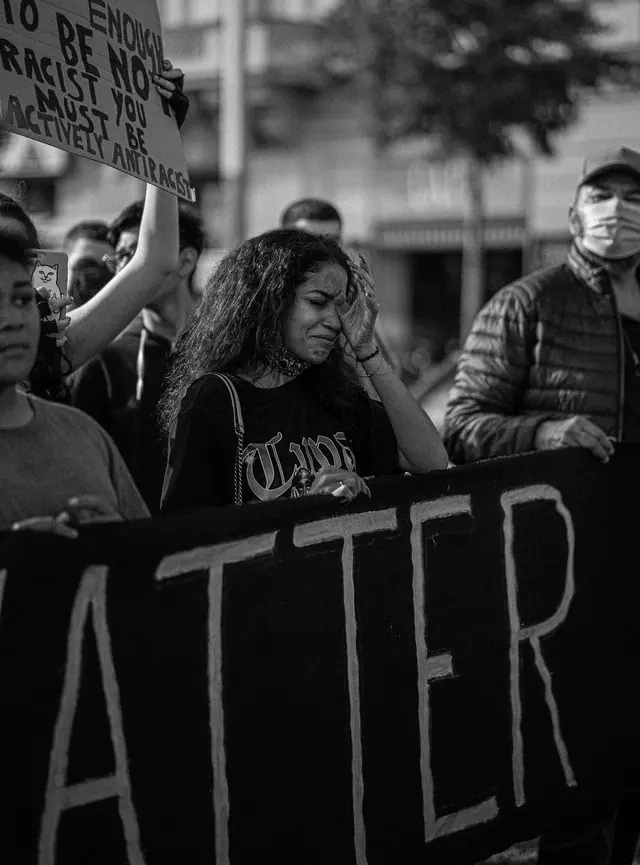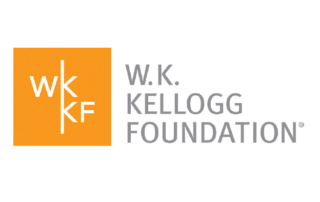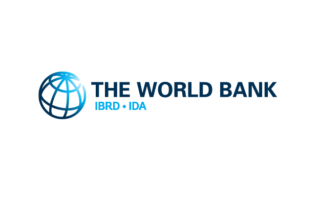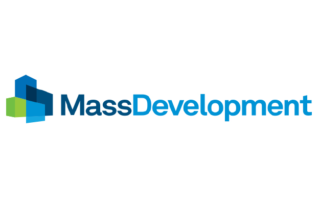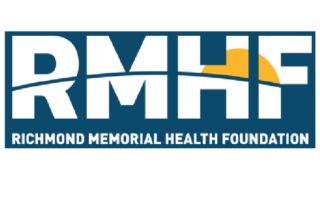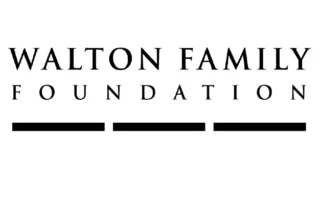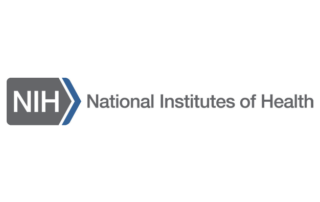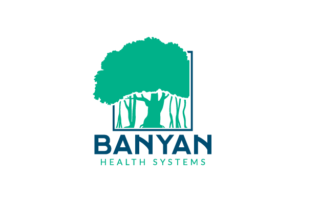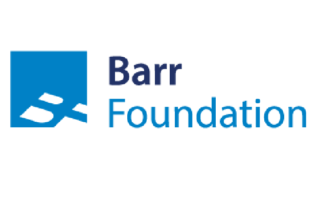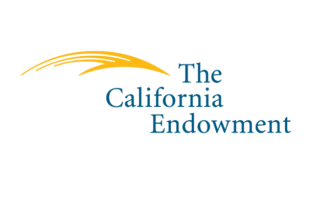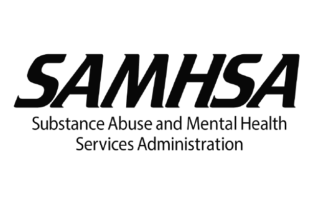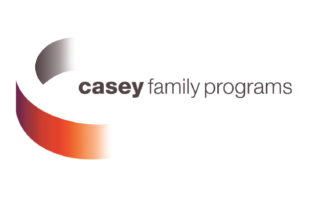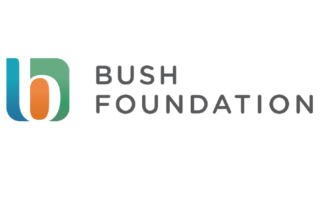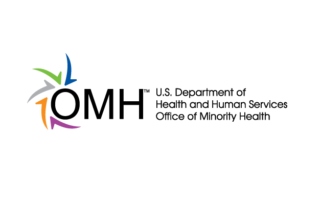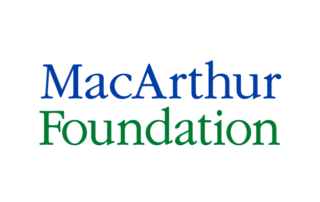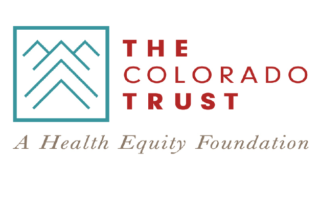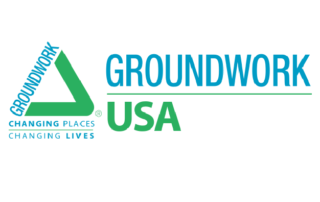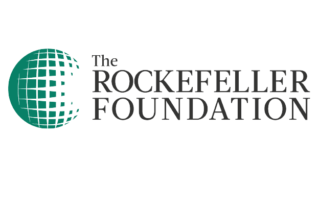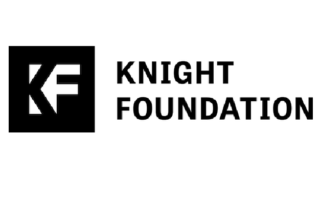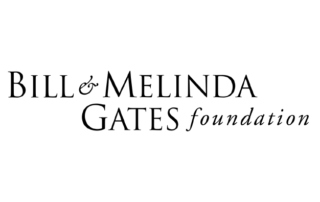Powerful Citizenry
Democracy must be continuously nurtured and protected. It thrives when people mobilize, organize, advocate, and use their collective power to make a change and ensure equity and social justice are essential for a healthy and thriving democracy.
Our Approach
We focus on developing the capacity of communities to mobilize, organize, and advocate to ensure that all their members have fair and just access to the opportunities and resources that will help them reach their full potential. We believe that community organizing is the most direct and effective strategy to build communities’ capacity to build and shift power, as history has shown. It should be built into any initiative intended to bring about equity and social justice for people who have been historically marginalized and disadvantaged. Also, when people with perceived differences—within and across different communities—mobilize and organize around their shared concerns, they have the chance to get to know one another and build relationships. We have seen this in the past and today in situations such as when young people across the country from rural, suburban, and urban communities, representing different racial groups with different sexual orientations and gender identities mobilized to demand gun control after the Parkland shooting; and when Black and Asian American leaders and community members united to fight racism, especially after the wave of hate crimes that shook the Asian American community due to the association between the COVID-19 virus and Chinese people.
